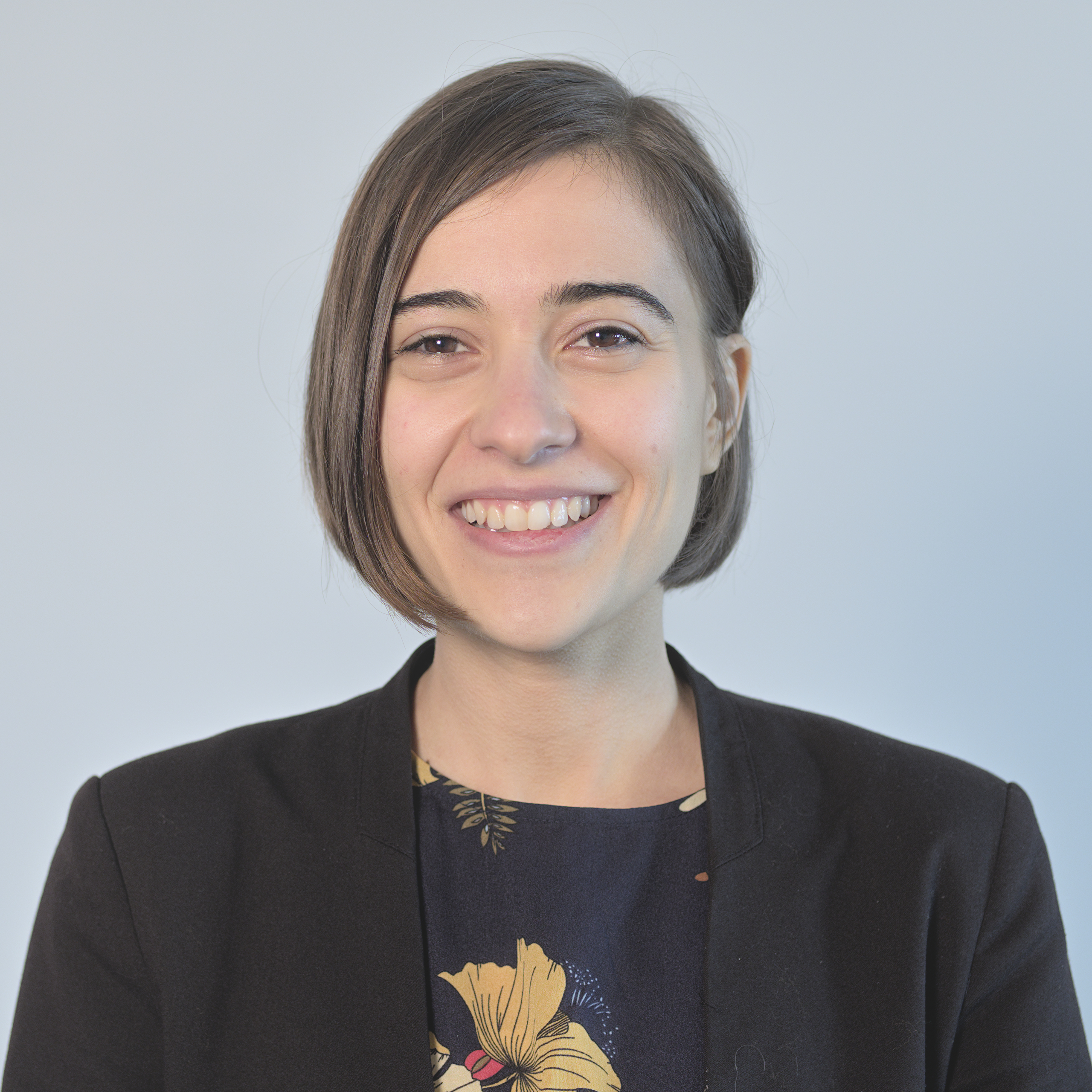Thesis defense Victoria Lorant
https://umr1087.testksup.univ-nantes.fr/medias/photo/lorant-victoria-1-_1687271658328-jpg
-
Le 24 novembre 2023Amphi DEfalse false
-
14h
Title of the thesis : Effects of PCSK9 on allergy
Equipe
Team IV - Cardiometabolic disease
Directeur de thèse
Co-directeur
Grégory Bouchaud
Rapporteurs
Vassilia BAYLE THEODOROU Enseignante-Chercheure, École d’ingénieurs de Purpan, INRAE Toulouse
Gilles LAMBERT Professeur, UMR 1188, Université de la Réunion
Examinateurs
Joëlle VITTE Maître de conférences et praticien hospitalier, Université de ReimsWieneke DIJK Chargée de recherche, INRAE UR 1268 BIA-ALL, Nantes université
Abstract
| Allergy, an immune complex disorder, is classified as the fourth chronic pathology. It was estimated that fifty percent of the general population will suffer from allergy in 2050. This pathology occurs in two steps: the sensitization and the elicitation. The sensitization is an asymptomatic phase. During this step, the immune system inhibits anti- inflammatory mediators and induces an allergen-specific immune response. With another contact with the same allergen, an exacerbate allergen-specific immune response occurs leading to symptoms appearance. Currently, it is recommended to limit the contact with the allergen. Immunotherapy allows the occurrence of immune tolerance but is not develop for every allergen. It is important to better understand allergy mechanisms to identify new biomarkers and propose new therapeutic approaches. In this context, we studied the effect of PCSK9, a natural regulator of the LDL receptor (LDLR). Recently, PCSK9 was supposed to modulated immune reaction. We show that PCSK9 deficiency and/or inhibition is protective against allergy symptoms appearance. PCSK9 could exercise a proallergic role during the elicitation. This effect was supposed to be independent of the LDLR. The mechanisms of action remain to be fully characterized but involved an effect on the maturation of dendritic cells, the proliferation of Th2 and Th17 cells, and the degranulation of basophils/mast cells. Thus, our findings open the prospect of testing beneficial impact of PCSK9 inhibitors in allergic patients. |

Mis à jour le 11 septembre 2023.





